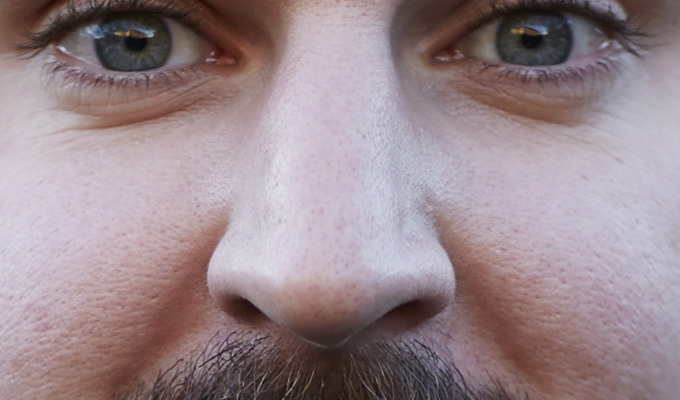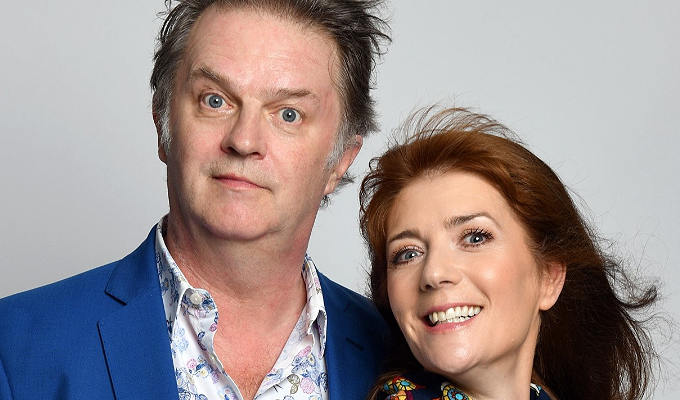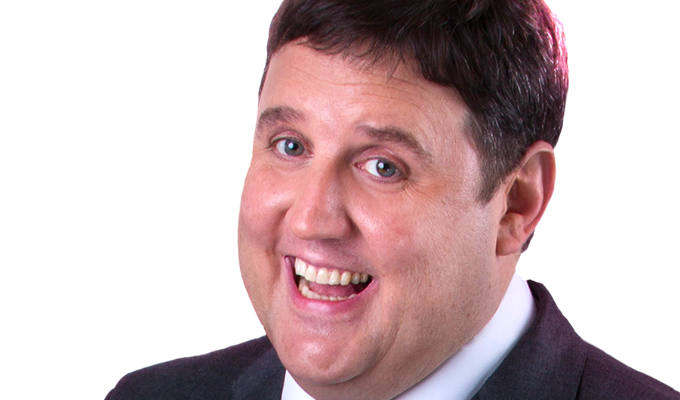
Ali Brice's Never-Ending Pencil
Note: This review is from 2017
Edinburgh Fringe comedy review by Steve Bennett
This is something of a departure for Ali Brice, who has become known for his absurdly bonkers character work, requiring crates full of props. Sure, he starts Never-Ending Pencil as a hooded Irish monk with a shrill accent, but this is an introspective personal tale, primarily about his relationship with his parents.
Brice is someone who’s always turned to them for help, and shares a couple of entertaining stories of youthful mishap. But even at 31, he seems to have an almost child-like dependency on them. When he went on a flop US tour with the Graeme Of Thrones parody show last year, it was his mum and dad he missed.
He did get some amusing anecdotes about his time on the road, disastrous as it was, not least in his character portrait of the arrogant oddball of a bus driver. Yet that tour clearly took its toll, and he speaks of having worrying thoughts almost nightly, an issue that has plagued him since childhood.
And it’s here the show takes a turn to the uneasy, as he divulges his mental health issues alongside more surreal stories, creating an odd blur of fact and fiction… even if the odd stories might be true.
Lots of comics have talked about depression as a central plank of their show, usually depicting it as a beast to be tamed by its battling sufferer, and leading to some sort of closure, however partial. With Brice, it’s more of a persistent sadness, and you very much feel for him, a boy-child still a little lost in the world.
He talks a lot about being on his own, for example, markedly different from being single, before recalling some of his unrequited affections. He tries to see the bright side of having fallen in love several times, even if it is to no avail, and you have to admire his despite-it-all optimism.
This is definitely ‘comedy as therapy’ territory, with issues that are unresolved. It’s a little hard to laugh if you feel sorry for the guy on stage, your concern willing the fragile figure to be all right rather than to relax into laughter.
For him, too, he has the delicate issue of opening his heart while dealing with audience problems, such as the stream of latecomers and some smart-mouthed punters who threatened to derail the delicate story. Brice partly indulged them, cutting them possibly too much slack, but charmed them back on board.
He is a hugely empathetic comedian, and you root for him through his travails. The heartfelt payoff even brought tears to the eyes of the man in front of me. Perhaps because for this particular performance, Brice’s beloved parents were in the room. They clearly make him happy, but you also hope he can find some elsewhere as well.
Review date: 18 Aug 2017
Reviewed by: Steve Bennett








